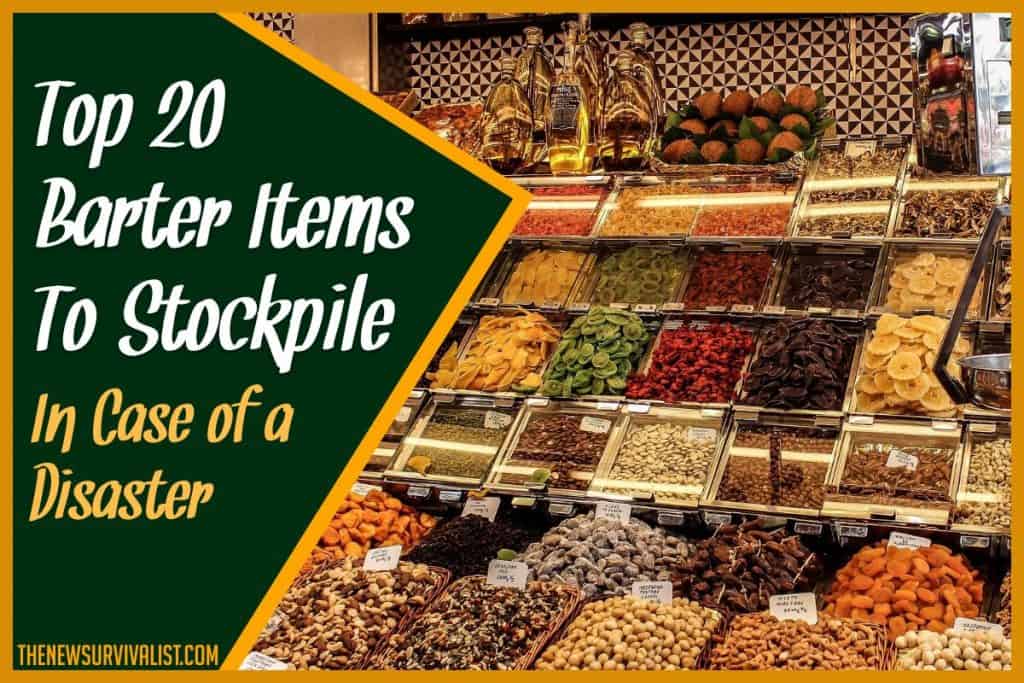Barter items will help you keep afloat during SHTF. When disaster strikes and monetary transactions are no longer viable, there are still various items that will retain their value. However, there are limited storage space in survival shelters and bug-out bags so it’s important to be selective about the items to stockpile.
Some of the most important barter items to stockpile in case of a SHTF:
- water
- food
- medical supplies
- light or heat source
- feminine products
- tools
- spices
- offline entertainment
- fishing and hunting supplies
- ammunition
- duct tape
Bartering Rules
A prolonged disaster will most likely result in the collapse of money and the economy as we know it. The electricity will get cut off which means cashless transactions will be impossible.
The money will cease in value, society will regress to bartering, which is the primitive way of attaining goods and services for survival. It’s simply swapping one good for another to benefit both parties.
Bartering can threaten your security quickly. Once the word that you’re well-stocked gets out, you become a target. Here are some general rules to follow to keep bartering safe and fair for both parties.
- Don’t flaunt your wealth. Don’t boast of your stockpile because this will turn you into a target.
- Vary the bartering locations and time so that you can conceal your actual location. In this way, your address won’t be easily tracked so that you can keep your family and resources safe.
- Barter different items each time. If you keep on bartering one item only, you’ll be known for that item and this may cause people to flock to your location and barter. This may cause your resources to run out at a faster rate.
- Never reveal where you keep your stocks. Keep this information among family only. If you have precious metals that should be kept in a safe, camouflage, or hide the safe since it’s a glaringly obvious storage space for valuable items.
Top 20 Barter Things To Stockpile During Disasters
Water
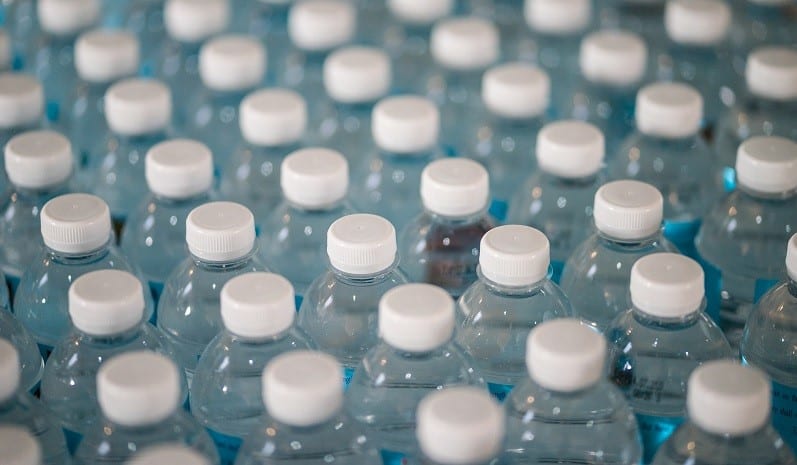
Water is very important because it’s crucial for human survival. Humans need water to drink, cook, wash laundry, and perform other errands. Following the Rule of 3s, the average human being can last for only 3 days without water. Each person’s endurance without water depends on many factors like the climate, the degree of physical activities they’re doing, and their physiological makeup.
Natural disasters may cause the water supply to get shut off. In case this happens, it’s essential to have stockpiled water that you can barter with households whose water supply likewise got cut off.
Don’t limit yourself to hoarding gallons of water. You can also stockpile water purification methods like desalination kits, filters, and water purification tablets.
Food
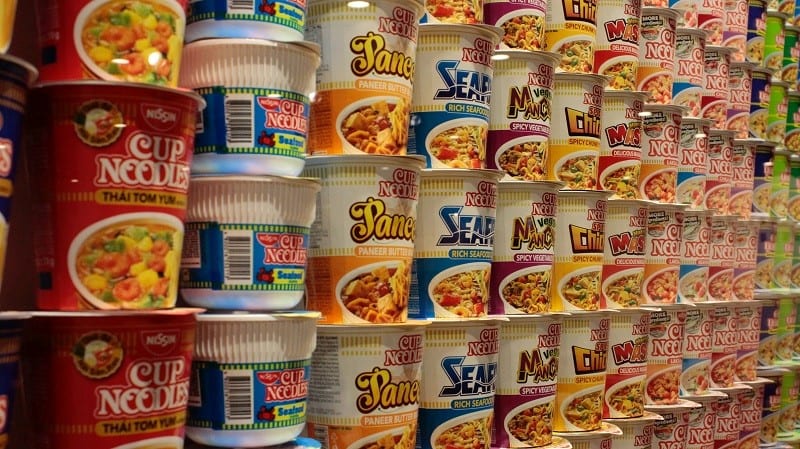
This is the next most valuable barter item because it’s another necessity for human survival. The best types of food to stockpile are ones that are calorie-dense and have a very long shelf-life. Don’t stockpile fresh produce because it will either expire or spoil. Try dehydrated, canned, smoked, or freeze-dried food. You may also go for MREs (meal, ready-to-eat) as they are convenient and can be consumed right away.
Another way of securing a stockpile of food is by growing vegetables and fruits. You can do this if you have space and capacity to build a survival garden. Some of the most reliable crops are chayote, potato, sweet potato, corn, beans, squash, and mammoth sunflowers. To learn more on how to grow these crops, check out our article on the most reliable crops for preppers.
Stocking-up on seeds for bartering can be another great idea as other people might think of picking up gardening themselves. Another thing to consider is raising chicks which will grow into chickens that can lay you eggs or serve as a protein source.
The most important thing to remember is that food spoils due to microorganisms, and these microorganisms thrive in the presence of water and oxygen. Make sure to keep your food items in a dry and airtight container to keep them fresh. Throw in some oxygen-absorbing packs to boost the shelf life.
Medical Supplies
Some of the most common disaster-related medical conditions include burns, headaches, dehydration, and illnesses.
Stockpile medical supplies that can cater to a wide range of medical emergencies. Don’t just hoard consumable medicine. Include some gauze, medical tape, ointments, alcohol wipes, sterile gloves, and more.
Light Or Heat
Once the power goes out, everyone will scramble for a way to have a source of light at night. People may also want a source of heat for the cold nights. Stockpile some candles or solar-powered flashlights and lamps that you can barter later on. Rechargeable light sources may become useless since people won’t have electricity to charge them. In this case, extra batteries of different sizes need to be packed.
You should also stockpile items that can be used to build a fire for cooking or for keeping humans warm. Include some boxes of matches, lighters, lighter fluid, gasoline, and more.
Hygiene Products
Hygiene products help people feel clean and comfortable even during a disaster. Staying clean is still one of the priorities because it means being less prone to illnesses and infections.
Stockpile hygiene products that can last for a long time. This includes bars of soap, wet wipes, and baby wipes. You can also store rolls of toilet paper.
The secondary items to stockpile include toothbrushes, tubes of toothpaste, and mouthwash. Oral hygiene is still an important aspect to prevent visits to the dentist.
Feminine Products
It’s important to maintain feminine hygiene to prevent infections and illnesses. Stockpile some essentials like bottles of feminine wash, packs of sanitary pads or tampons, and other similar items. These items store well and can last for years for as long as you store them in a dry and cool area.
Tools
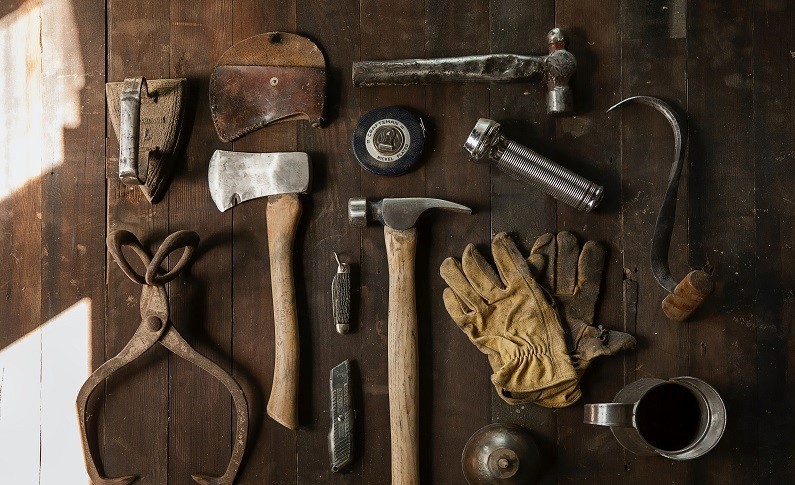
Tools are important for personal repairs and emergencies. During a disaster, people are left to attend to their construction needs because the professionals might be unavailable. It’s useful to stockpile tools like a screwdriver, nails, adhesives, Swiss knives, and more.
You don’t have to give up these tools when you barter. You can rent them to your neighbors in exchange for some goods. In this manner, you only need to keep a set of tools and leave plenty of space for more valuable items. Just make sure to store the tools in a safe and dry area so that they won’t corrode or get damaged.
Entertainment Items
During disasters, phones are bound to run out of battery. People can no longer turn to technology to satiate their entertainment needs. You can stockpile entertainment items because families who are cooped up together will surely look for a way to entertain themselves to pass the time and to find joy in a disastrous situation. Some families may have young children who’ll need entertainment.
Some of the entertainment items you can stockpile include decks of cards, board games, books, magazines, pens, papers, and more.
Salt, Sugar, And Other Spices
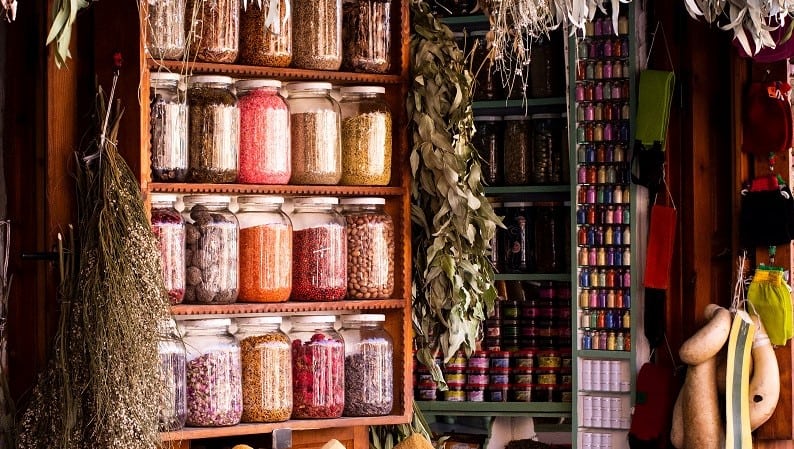
Salt and sugar can last indefinitely. Dry goods and spices store well for as long as you place them in clean and dry containers. Salt is used to season food and preserve meat and vegetables. Herbs and other spices have a short shelf-life because they lose their smell and flavor over time.
Another thing you can stockpile is organic honey. Honey is an excellent sugar substitute. It can last forever so you don’t have to worry about its expiration.
Your primary concern should be the ants and possible contamination. If you store it in a clean, dry, and airtight container, you can keep this at the back of your shelf for years.
Fishing And Hunting Supplies
Wet markets will shut down as there won’t be meat suppliers. There’s still a need for protein in our diets, one good way to attain protein is through fishing or hunting. If you live in an area where there are opportunities to fish and hunt for food, you might want to stockpile the supplies that are needed for such.
Prepare basic fishing gear like rods, fishing lines, fish hooks, plastic baits, and more. Basic hunting gear includes a crossbow, knives, rope, snares, and more.
Ammunition
It’s not smart to hoard guns, but stockpiling ammunition is the next best thing. There are so many households that own a gun for their protection and hunting purposes. Ammunition is bound to run out after a few hunting sessions and that’s when your stockpile becomes valuable for bartering. Make sure to pick the popular ammunition sizes like 9mm, .38, .22, and 12-gauge shotgun shells.
During disasters, anarchy often ensues and gang attacks or house invasions become rampant. As such, it helps to own at least one self-defense weapon.
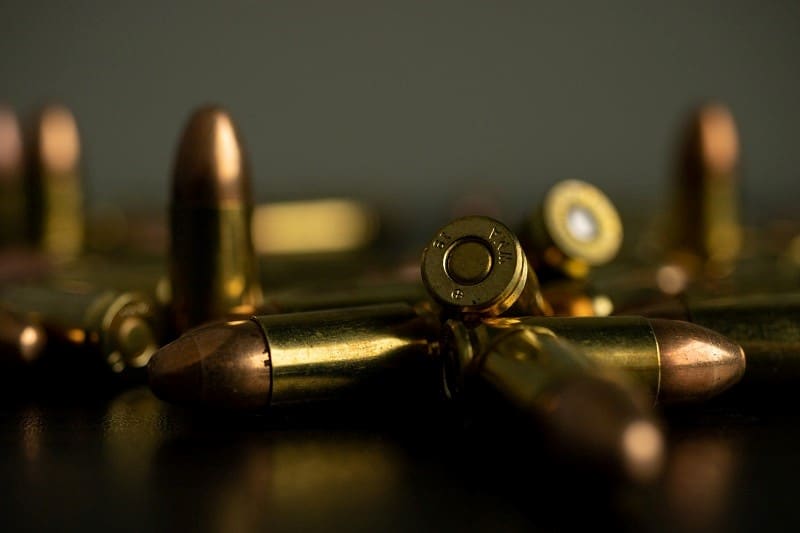
Duct Tape
Duct tape is a versatile item with endless uses. It can be used for household repairs, engine repairs, setting up traps to catch game, improvised medical tape for packaging wounds, and more. It’s an unexpected necessity that people often overlook to stock and makes it a valuable and viable barter item.
Plastic Bags
Plastic bags are incredibly useful for waste disposal and food storage. They can even be improvised for building temporary shelters and may be used as a space blanket to provide warmth. Plastic sheets can also be set up as rainwater collection tents so that people can have a source of potable water whenever it rains. Plastic bags are great to stockpile because they last indefinitely and they only occupy a small amount of space since they are thin and flat.
Clothing
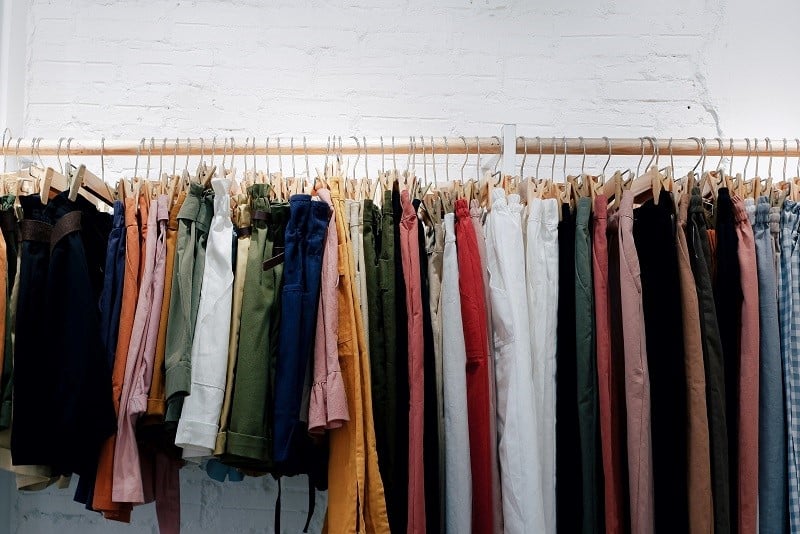
Clothing is another basic need essential for survival. It’s particularly important if there is a natural disaster that makes the weather unbelievably cold.
Layering on clothing is the most practical and efficient way to stay warm. You no longer need to waste fuel to run the heater because you can just trap your body heat and stay cozy. It’s also helpful to stockpile other types of clothing. Make sure to diversify your collection and to have clothes that fit the different seasons.
You can easily find affordable clothes at thrift shops or real estate sales. There’s no need to purchase brand-new or trendy clothing because practicality should be the main focus.
Alcohol And Cigarettes
These vices are valuable barter items. The people who drink and smoke will undoubtedly look for an alternative source as the stores shut down. Survivalists may use alcohol for cooking, stress relief, and even as a disinfectant for wounds.
You can store your alcohol in plastic bottles instead of glass bottles to make them more lightweight, discreet, and less likely to break and spill. Cigarettes must be packed in airtight and waterproof boxes to prevent them from going stale. It’s advisable to keep your stash of vices during the first few days or weeks of the disaster. Bring them out when everyone needs a drink or a cigarette and their values will surely shoot up.
Portable Solar Panels
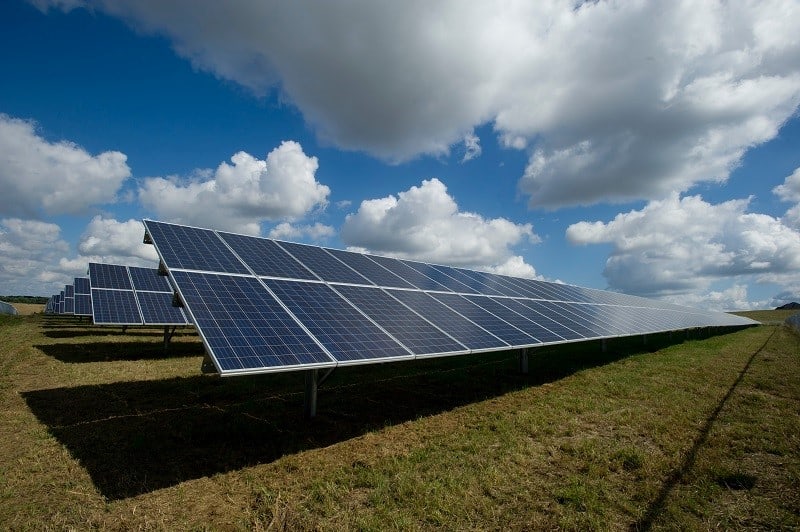
Electricity sources will get cut off during disasters. In this technological era, there are so many households that are dependent on electronic gadgets for their day-to-day needs. These gadgets will become useless once they run out of battery. One efficient alternative energy source is portable solar panels or grids.
These panels convert solar energy into an electrical current and make it possible to charge or power up different gadgets, from phones to flashlights. It’s a must-have during emergencies and a valuable barter item.
Batteries
Aside from portable solar panels, one should also stockpile batteries for gadgets that can only be powered by batteries. Batteries are easy to store because they have a long shelf-life and stays functional as long as kept in cool and dry areas. They’re useful for bartering because countless items are powered by batteries, from flashlights to radios.
Emergency Gadgets
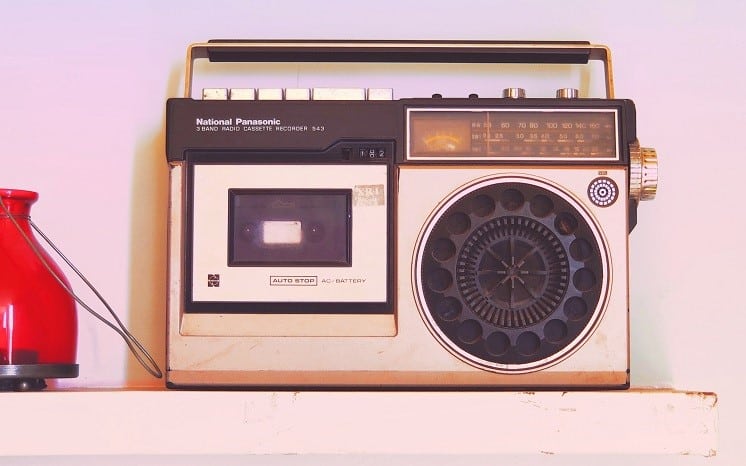
Some survival gadgets are useful and valuable. These items include flashlights, radios, walkie-talkies, portable heaters, and more. These items may be difficult to stockpile since they’re more expensive than the other items on this list, but they’re really valuable during emergencies. People turn to radios and walkie-talkies because cellular signals usually get disabled so frequency-based communication becomes more reliable.
Fire Starters
A source of fire is necessary for cooking and keeping oneself warm. It’s very challenging to start a fire with just a pile of wood and some rocks. It’s more convenient to have fire starters like lighters and matches. These are easy to stockpile because they’re cheap and occupy only a small space in your doomsday storage.
Make sure to pack these items in waterproof and airtight boxes to keep them from getting wet or going stale. It also helps to pack extra cans of lighter fluid to refill the lighters when their fuel runs out. Lighter fluid is also a valuable barter item.
Tent And Sleeping Bags
Some emergencies may require residents to evacuate for their safety. The local government releases the evacuation notice and no one is an exception. The government usually sets up temporary evacuation shelters but it’s usually a communal area shared with hundreds of other residents. For some privacy and comfort, some families might want their tent and sleeping bags.
Final Words
Before bartering an item, always make sure that you will still have some stock left for personal use. This is especially true for seeds and medicines. Lastly, providing information and service/skills in exchange for an item can also be done.

